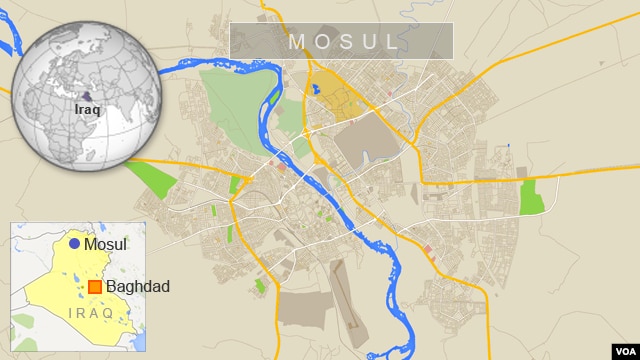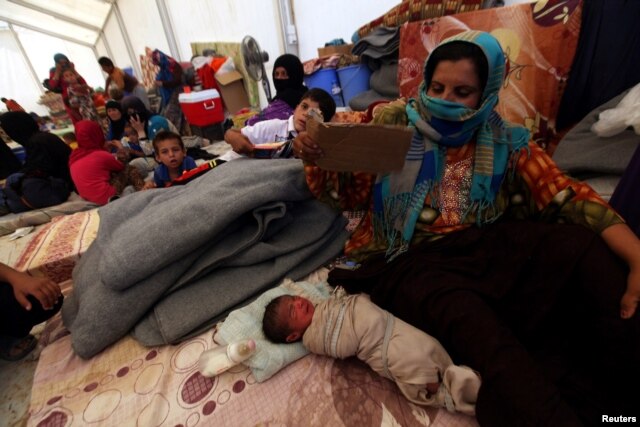Kshatriya87
Senior Member
- Joined
- Feb 12, 2014
- Messages
- 10,136
- Likes
- 16,039



The Iraqi Ministry of Defense posted footage online Wednesday showing what appears to be at least one Mi-28 Havoc gunship firing unguided rockets and its cannon into a mass of vehicles south of Fallujah. Spokesman Brig. Gen. Yahya Rasoul said the convoy was nearly seven miles long and made up of vehicles containing Islamic State leaders and their families – raising concerns that women and children may be among the dead.
The vehicles were fleeing from the Hussay area northwest of Fallujah, toward the Syrian border when the first strikes took place late Tuesday night, Rasoul said.
Sheikh Faisal Al-Issawi, a commander of Sunni tribal fighters in the area, said the convoy contacted his men via walkie-talkie as it approached their lines. “They said that they didn’t come to fight,” he said. “They said that they just came to pass through towards the desert and asked us not to resist.”
He said his men attacked the convoy anyway, and lost five fighters in the ensuing fight.
“They wouldn’t take such a risk unless they had a deal with some side,” he said. “Why would they drive more than 500 cars in an exposed agricultural area?”
In the past, Iraqi forces have left open escape routes for militants fighting in urban areas to flee into the desert.
Iraqi security forces fly a fleet of Russian helicopter gunships that include the Mi-28 and the vaunted Mi-24 Hind. Both are armed with heavy cannons and complements of rockets and missiles.
A Daesh suspect revealed to India's National Investigation Agency (NIA) that the handler of a Daesh community operating on Telegram messaging app is a woman from Germany.
Dana Rohrbacher is a known Putin supporter. Whatever he is saying, which is partly sarcastic, partly to provoke a response, is he is asking the people and trying to get them to cough up the real truth, that a section of the US establishment is secretly trying to help ISIS to reach its geopolitical goals. Listen to the entire video. Dana Rohrbacher is a smart guy.Rep. Dana Rohrabacher: Let's Arm ISIS Against Iran!
